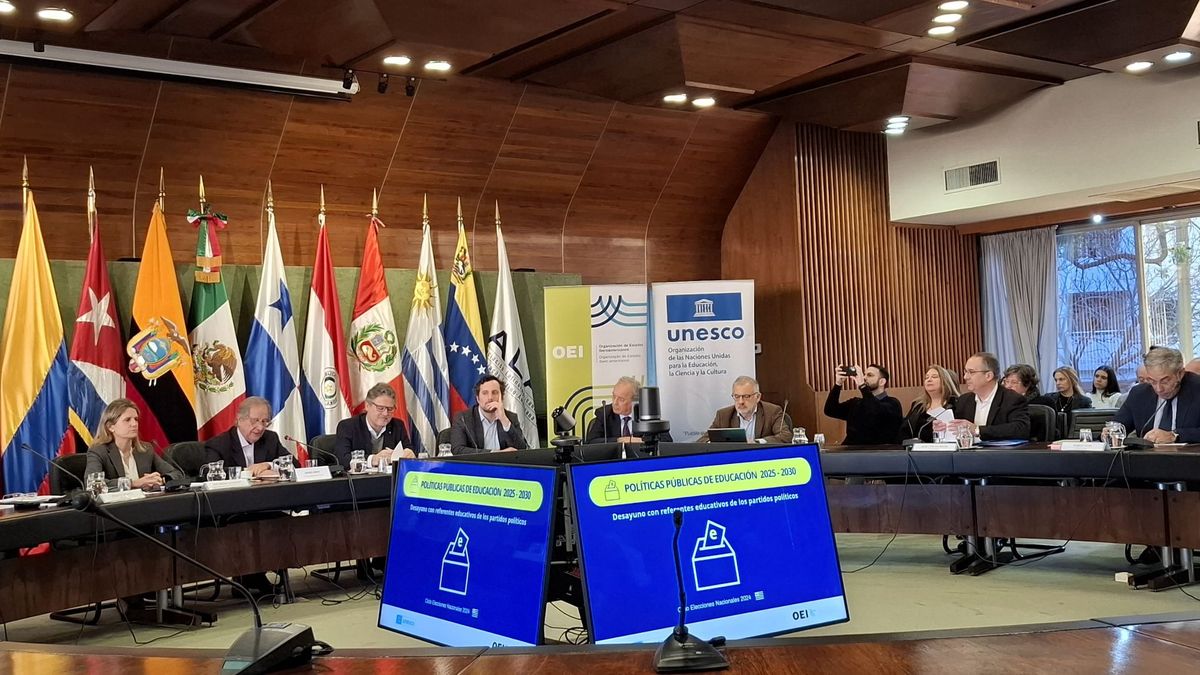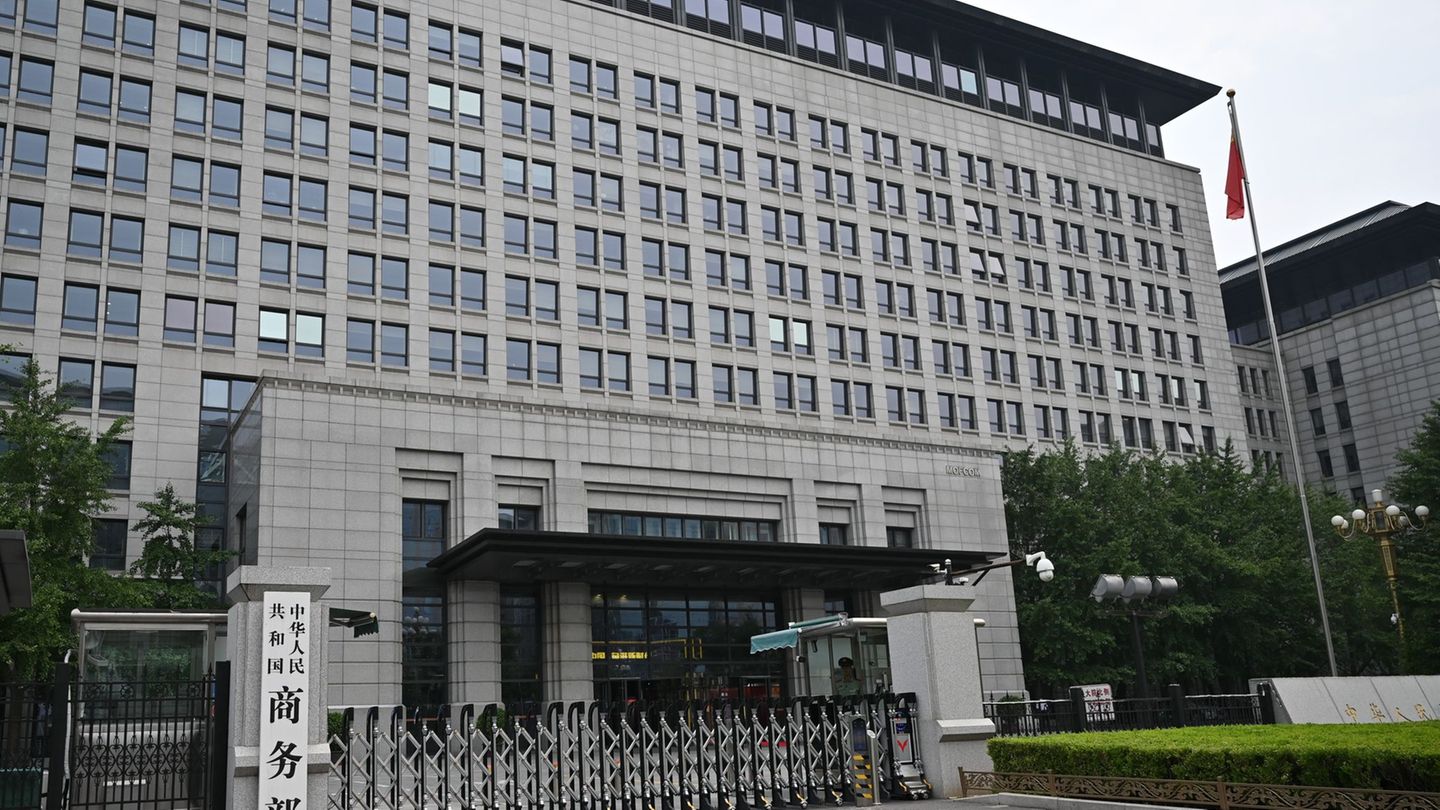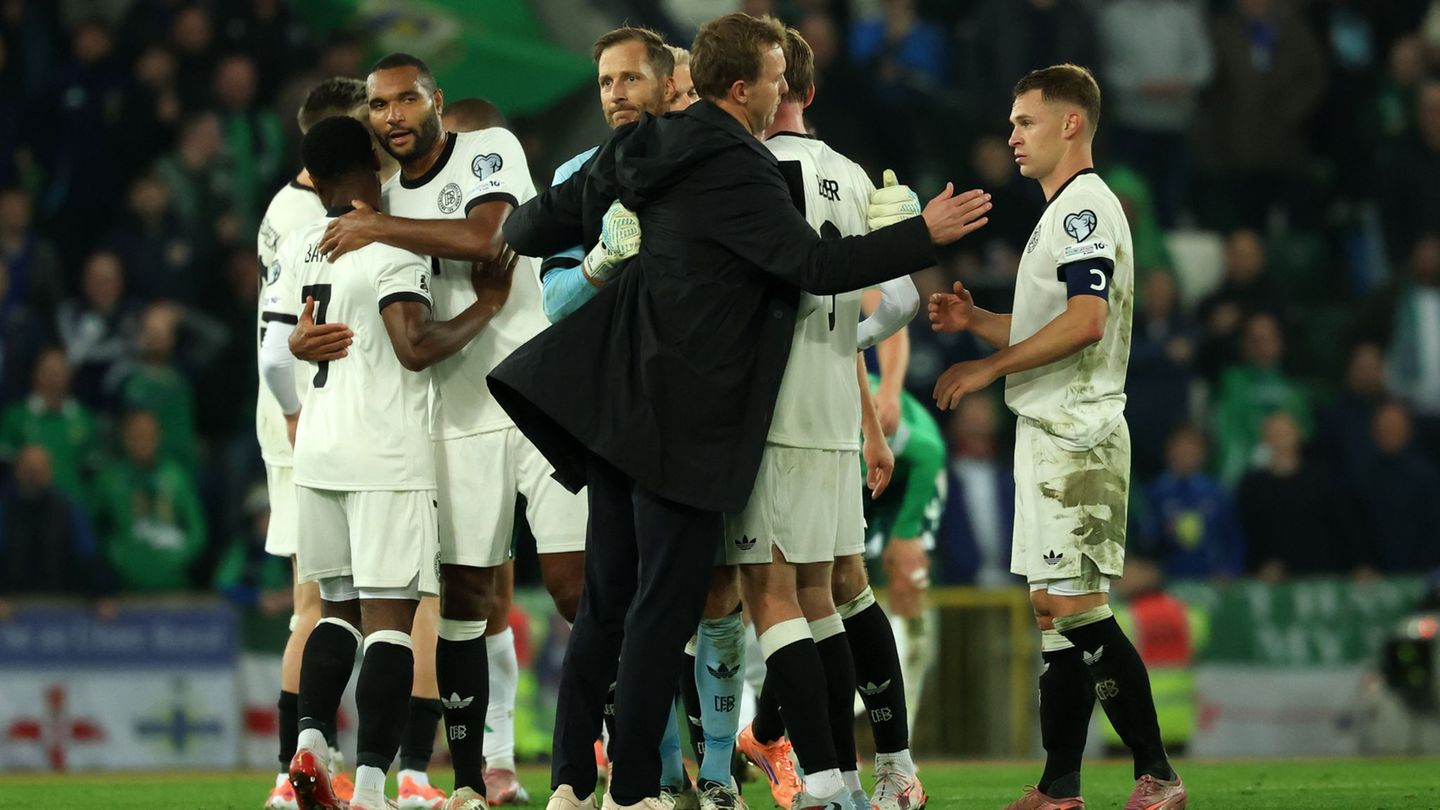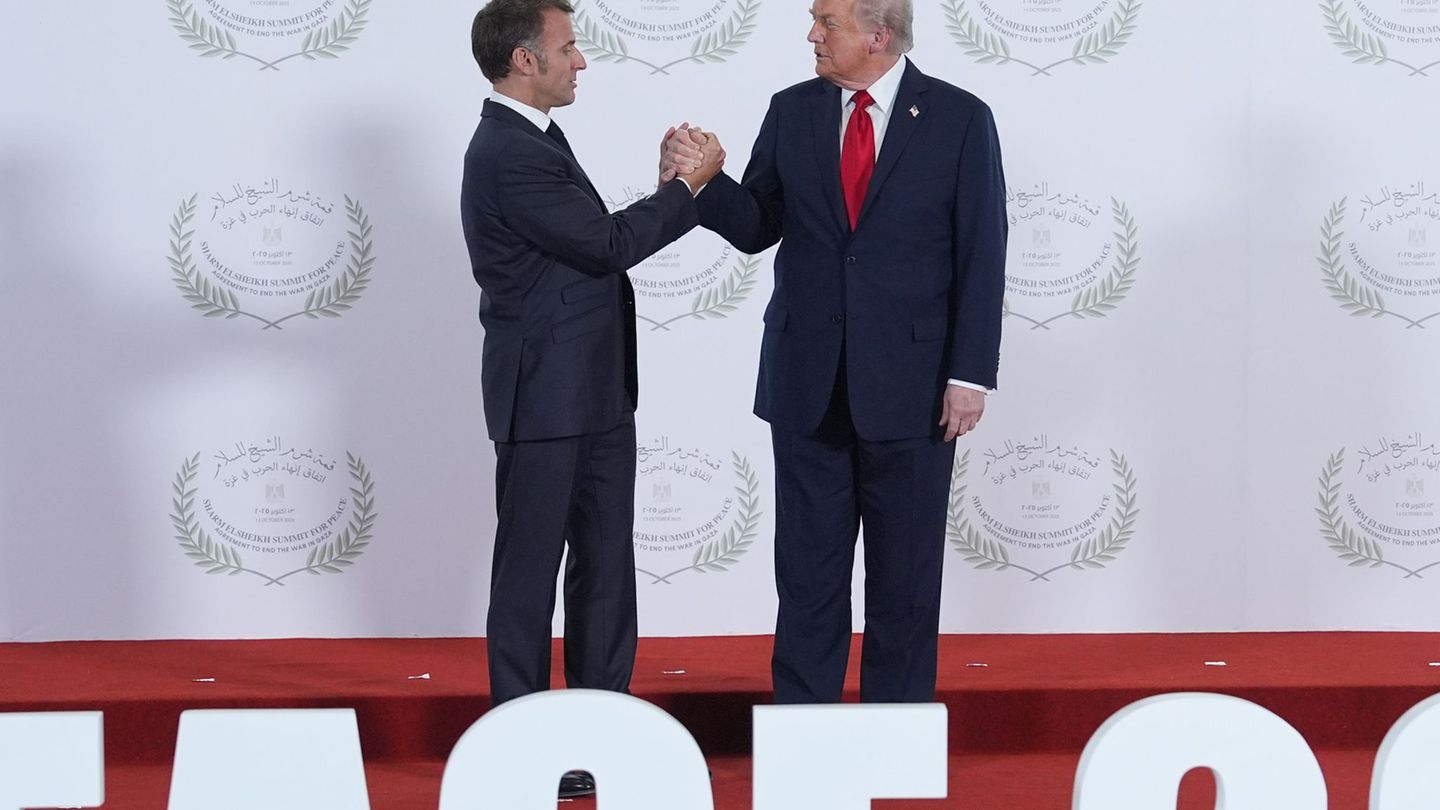He Broad Front He proposed a “national agreement” on education, while the government insisted on deepening the transformation, during the first part of a debate on educational challenges and policies in Uruguay, organized by the Unesco and the Organization of Ibero-American States (OEI).
The meeting discussed the public politics of education for the period 2025-2030, which included representation from different sectors. The educational representatives of the political parties with parliamentary representation, designated by their respective presidential candidates, participated: Alejandro Bordagorri by Town meeting; Jose Carlos Mahia for him Broad Front; Robert Silva for him Colorado Party, Javier Lasida for him Independent Party and Gonzalo Baroni for him National Party.
The session was moderated by Renato Opertti, who presented the main educational challenges of this last stage. Each representative was asked to answer two questions. The first was “What can be the key public policies so that each student can complete secondary education in the time frame foreseen by the resume, and achieve levels of proficiency in language, mathematics and science supported by comprehensive civic education?”
The second debate trigger was: “What do you think could be the main topics of training of the new generations in the light of forging better, more sustainable, democratic, fair and inclusive futures?”
image3 (1).jpeg
Teacher training and technology
At the beginning, the current national director of education, Gonzalo Baroni, He pointed out that the path of a future coalition government would be to continue with some steps taken in this administration such as continuing to deepen teacher training through scholarships and financial support, promote awards for educational excellence and facilitate the existence of tools for accreditation of general baccalaureate.
As for the technological support For the development of education, Baroni proposed to continue promoting the Ceibal Plan as an innovation agency and expand the coverage of training centers (Cecap). The current leader also proposed moving towards a more “integrated” system and “expanding” the Maria Espinola Centers, aimed at the most vulnerable students.
Robert Silva and the defense of “educational transformation”
For its part, Robert Silva, current vice presidential candidate for the Colorado Party and who also held the position of president of the Anep, He defended the main points of his administration in line with the proposed “educational transformation”. “Many things have been done in the current period of government, taking many things that were done before,” he said.
“We must put an end to the idea that each one is the reincarnation of Jose Pedro Varela. “Do not believe that you are a foundationalist when you hold a government position. Do not believe that you know everything and that you will succeed and do everything that others, perhaps even due to a belief in incapacity, did not do,” defined Silva, who also put on the table the Colorado Party in the construction of educational policies.
The former president of Anep also mentioned the need for motivation and the involvement of students to achieve successful results, as well as that of education professionals. “Many times in Uruguay “It doesn’t matter whether you are a good teacher or a bad teacher,” Silva criticized.
In due course, the representative of the IP, Javier Lasida, introduced the controversial concept of “changing the labor Relations in the educational system” which, according to him, “do not help teachers to be able to carry out their work in a manner that is appropriate to what the curricular transformation requires.”
The current holder of the National Institute for Educational Evaluation He added that a future government should “complete the educational transformation,” strengthen the autonomy of the They codify and promote the assessment of learning by sectors while continuing to propose other reforms such as that of the teaching statute.
Educa.jfif
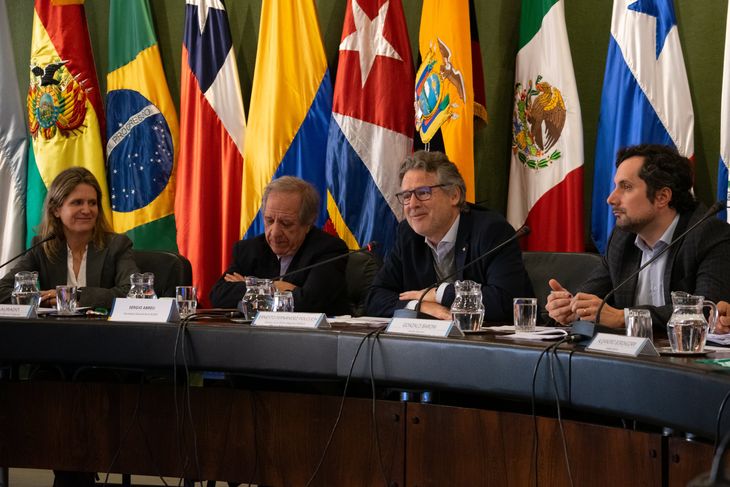
Criticism not only from the opposition
From Town meeting There were some criticisms and proposals for necessary improvements in some issues, beyond being part of the coalition. The professor Alejandro Bordagorri considered that a curriculum should be implemented “flexible and adaptive that responds to the needs and contexts of students and is based on “key” competencies, including subjects such as language, mathematics, science and citizenship.
He also proposed reducing the number of subjects and questioned the concept of “competencies” introduced in this administration. Cabildo Abierto also suggests in its government plan the creation of a national pedagogical university and a higher education law, in addition to incorporating the problem of the consumption of drugs.
Finally, from the Broad Front the current senator Jose Carlos Mahia He was also particularly critical of the current administration’s imprint. “Today’s results should challenge us,” he said, citing the current candidate of the left-wing coalition with the concept of a “revolution of simple things.”
The focus of the left-wing coalition’s presentation was to achieve a “national, political and social agreement”, with central points such as increasing resources for early childhood to achieve 100% coverage for 3-year-old children, diversifying the extension of pedagogical time in secondary education, putting the proposal of the University of Education back on the table and with special emphasis on increasing the general budget to the educational area, accompanied by a commitment to management improvement.
Along these lines, Mahía also mentioned the need to create more schools full-time and also to encourage improved classroom attendance by both students and teachers.
Next debate
The next meeting will be a debate between the different presidential candidates, scheduled for August 14, also at the headquarters of Aladi.
For this occasion, all presidential candidates were summoned to discuss the educational policies they plan to implement if elected.
Source: Ambito

